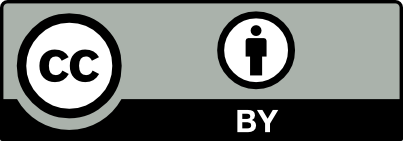The development of miniaturized high-throughput in situ screening platforms capable of handling the entire process of drug synthesis to final screening is essential for advancing drug discovery in the future. In this study, an approach based on combinatorial solid-phase synthesis, enabling the efficient synthesis of libraries of proteolysis targeting chimeras (PROTACs) in an array format is presented. This on-chip platform allows direct biological screening without the need for transfer steps. UV-induced release of target molecules into individual droplets facilitates further on-chip experimentation. Utilizing a mitogen-activated protein kinase kinases (MEK1/2) degrader as a template, a series of 132 novel PROTAC-like molecules is synthesized using solid-phase Ugi reaction. These compounds are further characterized using various methods, including matrix-assisted laser desorption ionization mass spectrometry (MALDI-MS) imaging, while consuming only a few milligrams of starting materials in total. Furthermore, the feasibility of culturing cancer cells on the modified spots and quantifying the effect of MEK suppression is demonstrated. The miniaturized synthesis platform lays a foundation for high-throughput in situ biological screening of potent PROTACs for potential anticancer activity and offers the potential for accelerating the drug discovery process by integrating miniaturized synthesis and biological steps on the same array.
Dataset: High-Throughput Miniaturized Synthesis of PROTAC-Like Molecules
Seifermann, Maximilian
Bauer, Liana
Luchena, Charlotte
Wiedmann, Janne Jasmin
Schmidt, Stefan
Geisel, Alexander
Afonin, Sergii
Brehm, Marius
Höpfner, Julius
Liu, Xinyong
Hopf, Carsten
Popova, Anna A.
Levkin, Pavel https://orcid.org/0000-0002-5975-948X
Views
Downloads
